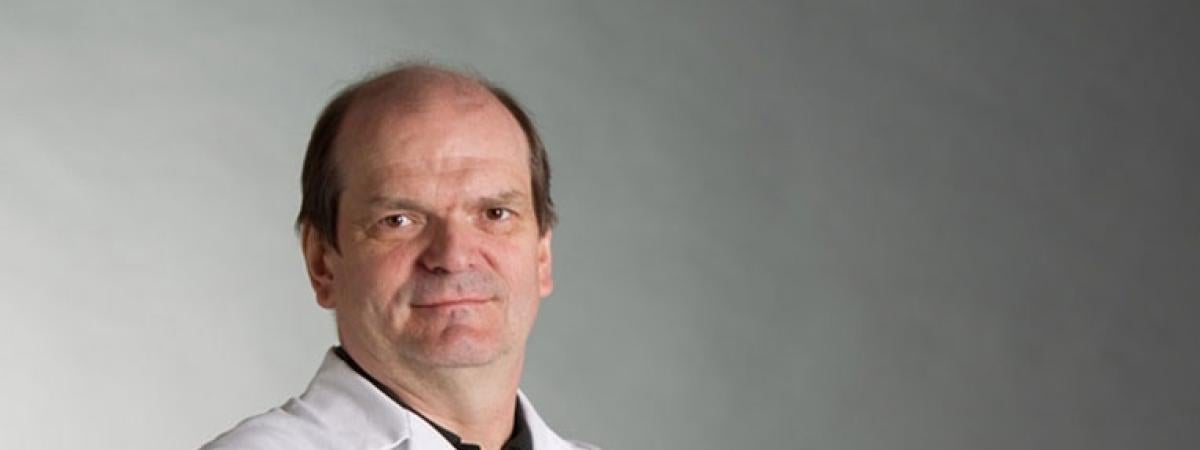Krzysztof Palczewski is a visionary—in some cases, literally.
Renowned for breakthroughs that expanded our understanding of how the eye functions, he has conducted research that illuminates pathways to stop and even reverse degenerative conditions that can lead to blindness.
A member of the Case Western Reserve faculty since 2005, Palczewski last year joined the ranks of the institution’s most esteemed scholars when he was named a Distinguished University Professor. He also has won multiple international honors, including this month’s 2017 Gold Medal Award from the American Institute of Polish Culture for his extraordinary contributions to vision research.
Originally from Poland, Palczewski came to the United States after his postdoctoral training in the late 1980s, around the same time as the fall of communism. By coming to the U.S., he hoped to develop collaborations with researchers worldwide and expand his research. In the decades since he has published hundreds of journal articles, including a seminal paper that since has been cited more than 5,500 times.
In 2015, Palczewski won a multimillion-dollar grant from the National Eye Institute to develop a device that could magnify the retina all the way down to the cellular level. This device, a two-photon ophthalmoscope, could lead to far earlier detection of disease in the eye and possibly even other organs as well.
Learn more about Palczewski’s path to Case Western Reserve—and his views of Cleveland— in this week’s five questions.





